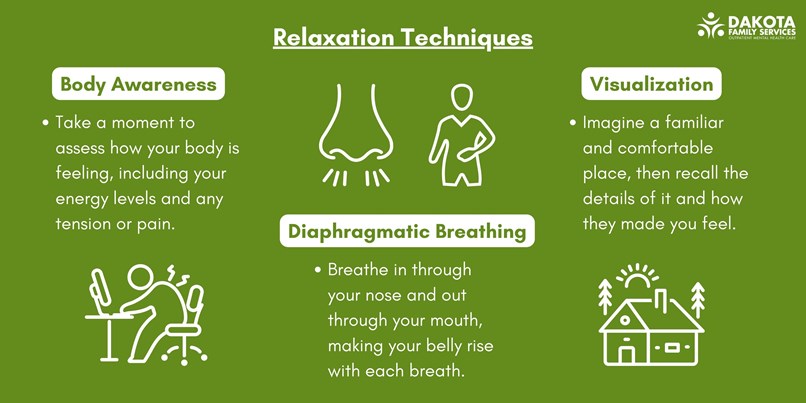Young people today are struggling more than ever with stress, burnout, and mental health challenges. New research shows that while the situation is serious, there are practical, proven ways we can support teens and help them thrive.
The Growing Crisis
The numbers are alarming. Depression among teens aged 12–17 has increased by 144% since 2010, and suicide rates are up 58%, according to a joint report by Crisis Text Line and Common Good Labs. A survey by Cigna found that 91% of Gen Z experience stress and 98% report feeling burned out.
Supporting young people isn’t just vital for their personal wellbeing—it’s essential for the health of our society as a whole.
Evidence-Based Strategies to Support Teens
Crisis Text Line analyzed 87,623 anonymized text conversations with youth aged 17 and younger to identify what truly helps. Here are the top six strategies that make a measurable difference.
1. Build Connection and Belonging
Connection is one of the strongest protective factors for mental health. In the data, 18% of teens said that social activities—like joining clubs or spending time with friends—improved their wellbeing.
Research from Southern Methodist University and Brigham Young University shows that having even two or three close friends supports longevity, heart health, and happiness. Whether introverted or extroverted, everyone needs to feel seen, valued, and understood.
Parents, mentors, and friends can foster this by encouraging participation in school groups, clubs, or community activities.
2. Encourage Creative Expression
Artistic expression is another powerful outlet. 16% of teens in crisis said activities like music, writing, drawing, or theater helped them feel better.
Studies in The British Journal of Clinical Psychology and at The University of Otago confirm that creativity boosts positive emotions and reduces negative ones—creating a self-reinforcing loop of wellbeing.
Support teens by taking them to performances, encouraging journaling or art, or helping them join creative clubs.
3. Promote Professional Help
Sometimes, professional support is essential. 10% of teens in the Crisis Text Line study credited therapy, medical care, or medication with helping them cope.
Parents and mentors play a vital role—but knowing when to involve a trained professional can be life-changing. Normalize therapy as a healthy and courageous step toward healing.
4. Get Moving: The Power of Physical Activity
Exercise is strongly linked to happiness and stress relief. 8% of teens mentioned that sports, yoga, or simply being active helped them manage their emotions.
Studies from the University of Michigan show that even short bursts of exercise improve mood, while research from the University of Tsukuba and University of Montreal links running to increased dopamine and endorphins—the body’s natural mood boosters.
Encourage walks, bike rides, or games with friends. Physical activity with others amplifies both connection and joy.
5. Inspire a Love of Reading
Reading may seem simple, but it’s surprisingly powerful. 6% of teens said reading books, listening to audiobooks, or visiting libraries made a difference.
Research in Social Science & Medicine found that readers live longer, and studies in Neurology show that reading supports memory and cognitive function.
Books can also expand empathy and lift moods, according to PLOS One. Try reading together, starting a small book club, or exploring the library as a shared activity.
6. Encourage Time in Nature
Finally, 5% of teens said that spending time outdoors—hiking, walking, or visiting parks—helped their mental health.
A global analysis of 301 studies across 62 countries, published in Science Advances, found that being in nature enhances focus, creativity, confidence, and connection. Time outside renews the mind and strengthens emotional resilience.
Invite teens to join outdoor adventures or simply spend quiet time together in a park.
Bringing It All Together
Many of these coping strategies overlap—running outdoors builds connection and physical health, while joining a school band offers both social and creative benefits.
As Dena Trujillo, CEO of Crisis Text Line, explains:
“We hear from young people in distress every day seeking support from their communities. It’s clear that we must work together to ensure accessible mental health resources for all.”
The most powerful tool, however, is your presence. Listening with empathy, showing care, and staying involved can make an enormous difference in a teen’s life.
Small actions—connection, creativity, movement, reading, and time outdoors—can help today’s youth build resilience and rediscover joy.
6 Proven Ways To Help Teens Manage Stress
Evidence-based strategies to help teenagers cope with stress and build resilience
Regular Exercise

Why it works: Releases endorphins, reduces stress hormones, improves mood and focus.
How to implement:
- Aim for 60 minutes of activity daily
- Choose activities you enjoy
- Exercise before studying to improve concentration
Adequate Sleep

Why it works: Restores energy, improves mood, enhances cognitive function and emotional regulation.
How to implement:
- Aim for 8-10 hours nightly
- Maintain consistent sleep schedule
- Avoid screens 1 hour before bed
Relaxation Techniques

Why it works: Activates relaxation response, reduces physical tension, calms the nervous system.
How to implement:
- Practice 4-8 breathing technique
- Try progressive muscle relaxation
- Use during stressful moments (even in class)
Mindfulness & Visualization

Why it works: Reduces rumination, increases present-moment awareness, creates mental distance from stressors.
How to implement:
- Try guided meditation apps
- Visualize a peaceful place for 5 minutes
- Practice mindful walking in nature
Break Tasks Into Smaller Pieces

Why it works: Reduces overwhelm, creates sense of accomplishment, makes large projects manageable.
How to implement:
- Break big projects into small steps
- Create to-do lists with checkboxes
- Focus on one task at a time
Talk About Feelings

Why it works: Provides emotional release, helps gain perspective, reduces feelings of isolation.
How to implement:
- Share feelings with trusted adults
- Write about stressors in a journal
- Practice expressing emotions clearly

